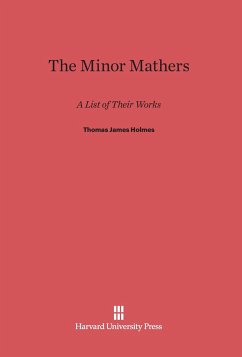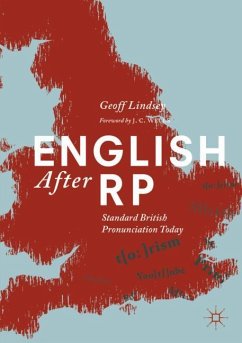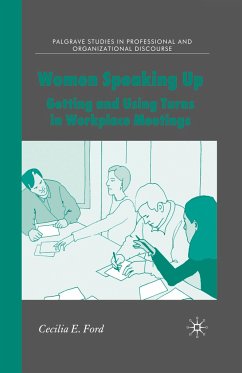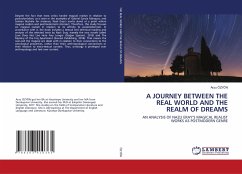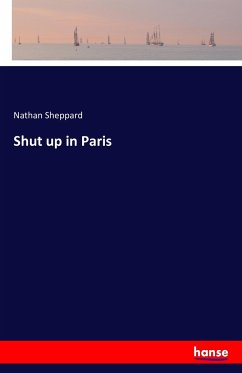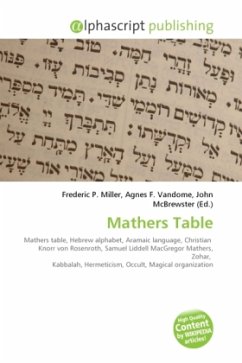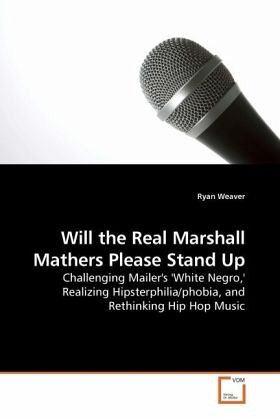
Will the Real Marshall Mathers Please Stand Up
Challenging Mailer's 'White Negro,' Realizing Hipsterphilia/phobia, and Rethinking Hip Hop Music
Versandkostenfrei!
Versandfertig in 6-10 Tagen
32,99 €
inkl. MwSt.

PAYBACK Punkte
16 °P sammeln!
Marshall Mathers (aka Eminem) is arguably the most interesting case study for critics of contemporary hip hop not only because he is white and the tension surrounding his identity in hip hop culture, but also because there is an ongoing critical discussion which works to resolve the tension between Mathers race and his hip hop success. Focusing solely on the narrative Mathers tells about himself can, at best, offer a limited view of the way that authenticity functions for Mathers. The primary exploration of this work is to utilize rhetorical methods for the purpose of studying the story that p...
Marshall Mathers (aka Eminem) is arguably the most interesting case study for critics of contemporary hip hop not only because he is white and the tension surrounding his identity in hip hop culture, but also because there is an ongoing critical discussion which works to resolve the tension between Mathers race and his hip hop success. Focusing solely on the narrative Mathers tells about himself can, at best, offer a limited view of the way that authenticity functions for Mathers. The primary exploration of this work is to utilize rhetorical methods for the purpose of studying the story that popular and academic audiences tell about Mathers. Situating textual materials produced by critical audiences in the context of Mathers music and a larger cultural discussion surrounding hip hop music, I explore the way that Norman Mailer''s (1957) seminal essay, "The White Negro" acts as template for critics to talk about the music and multiple personas of Marshall Mathers. Hipsterphilia/phobia are offered as rhetorical concepts which categorize discussions of Mathers and expose the problems which are built into the tendency to read hip hop texts a particular way.



